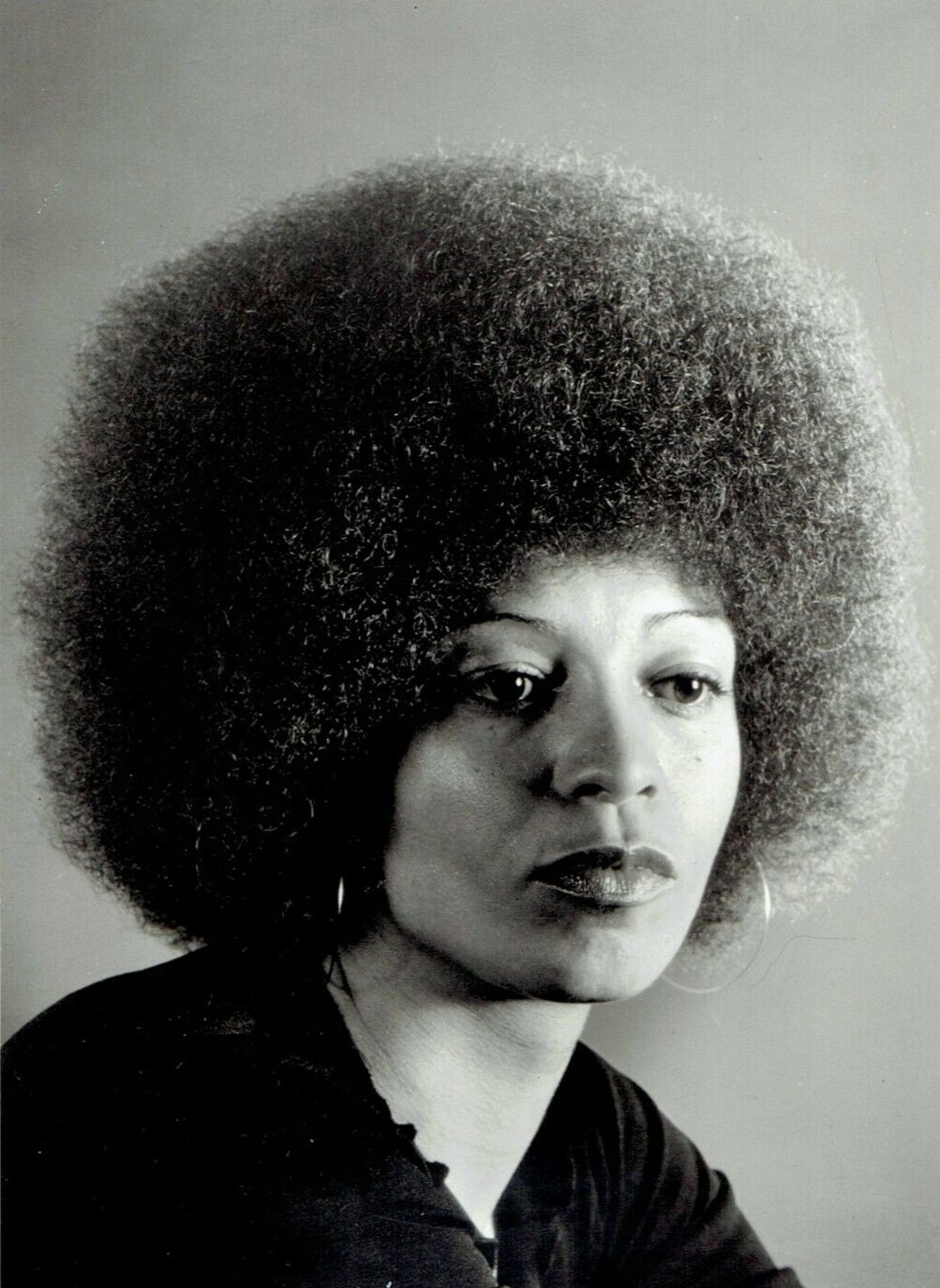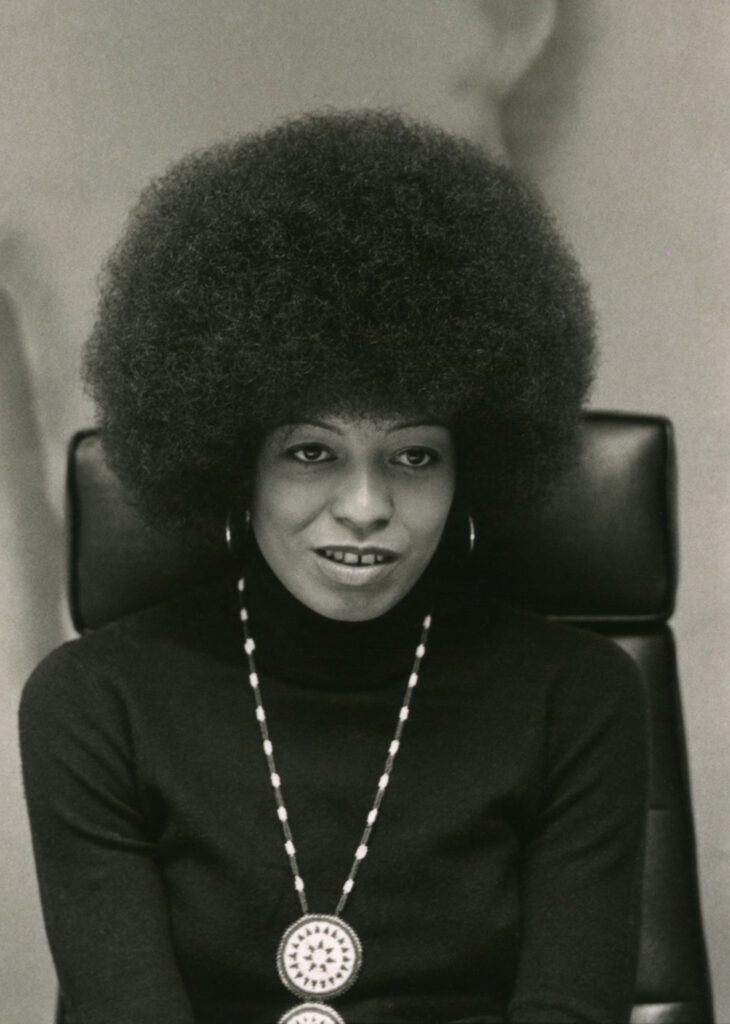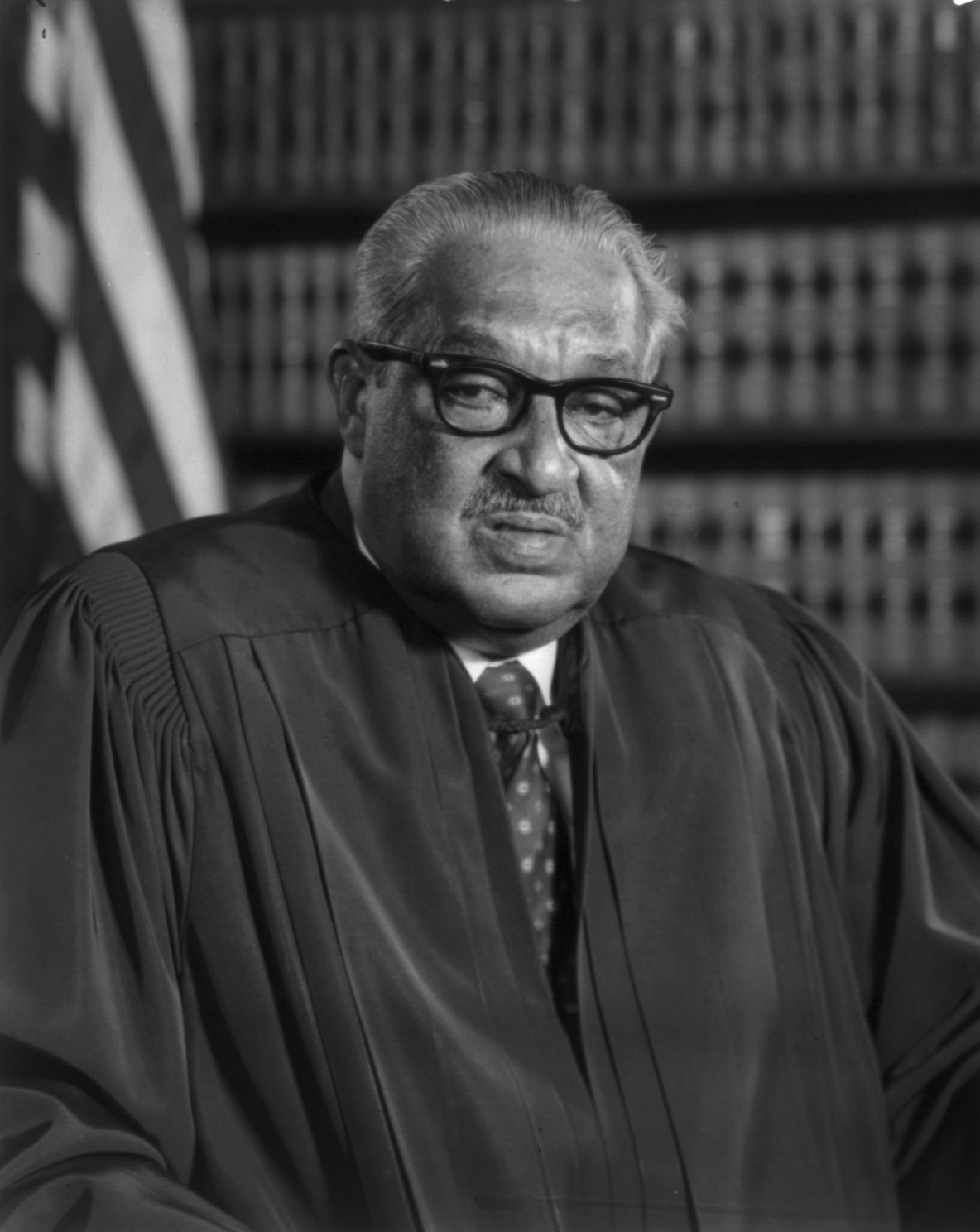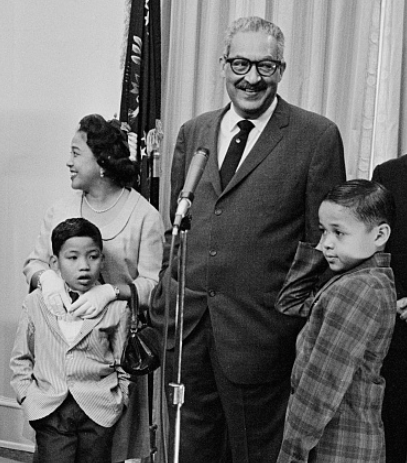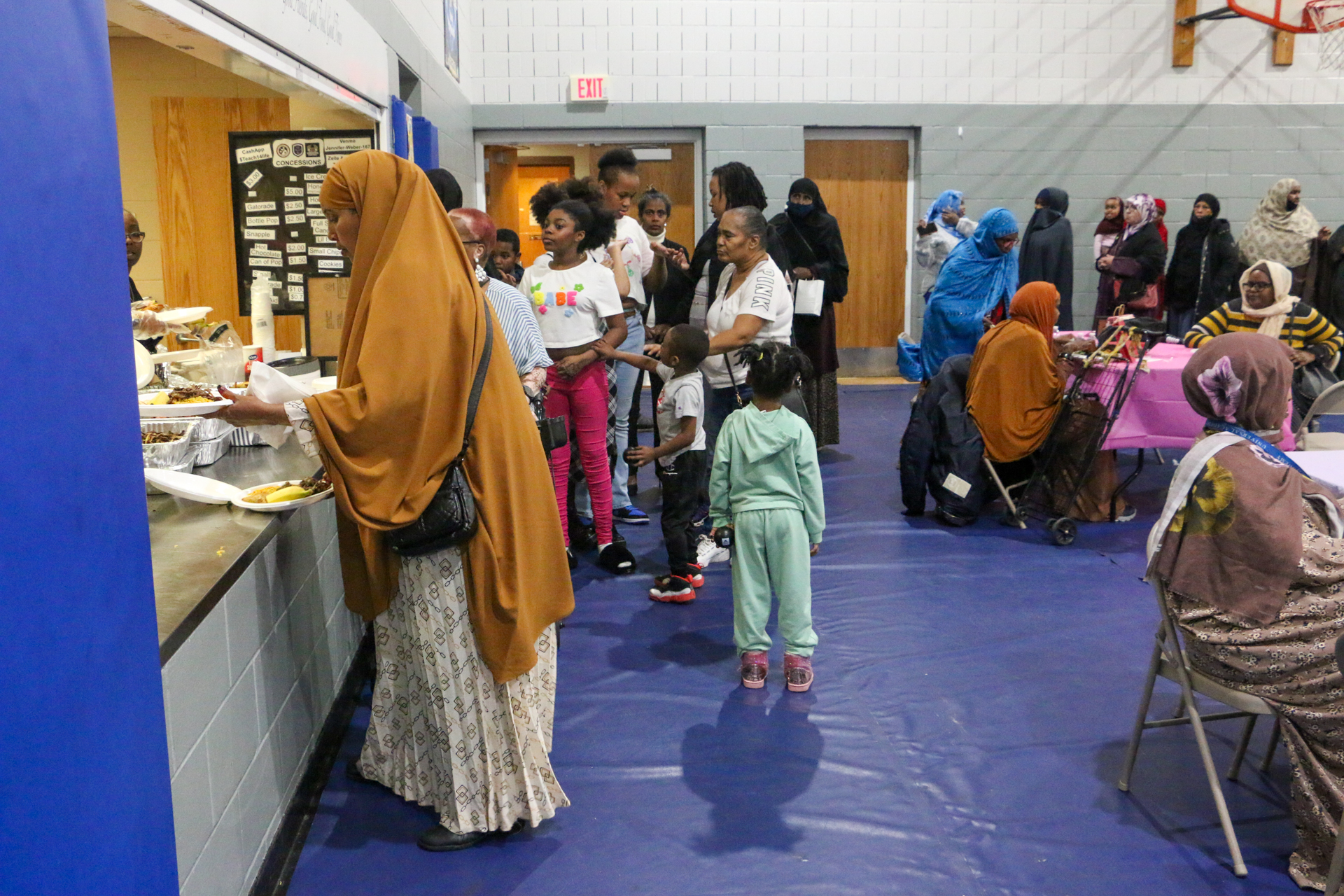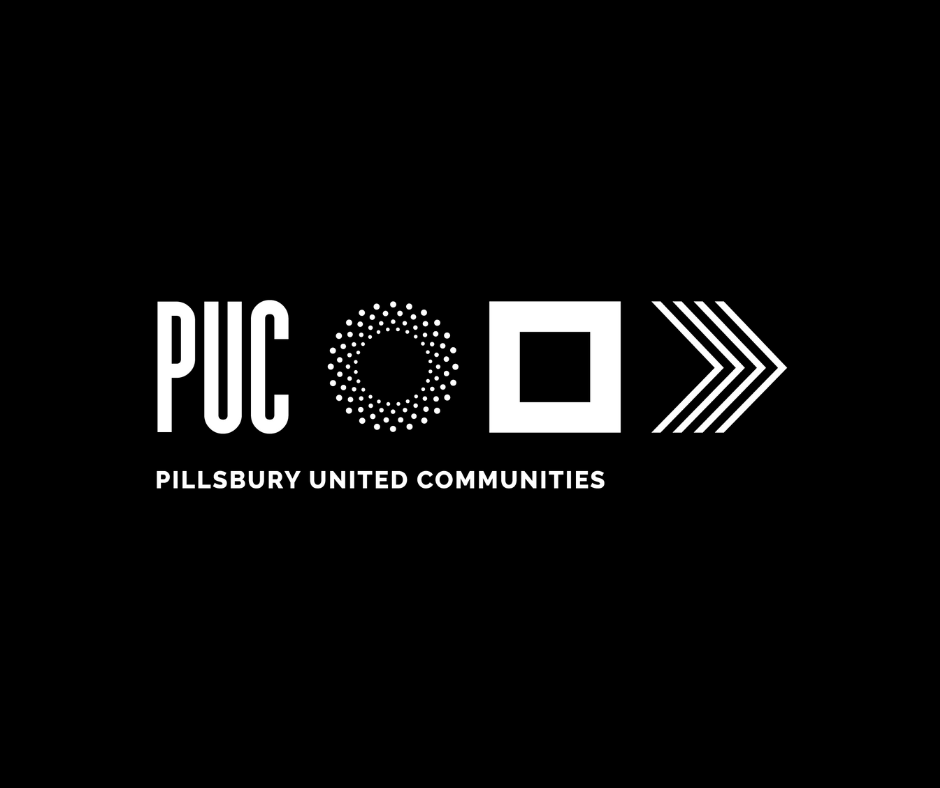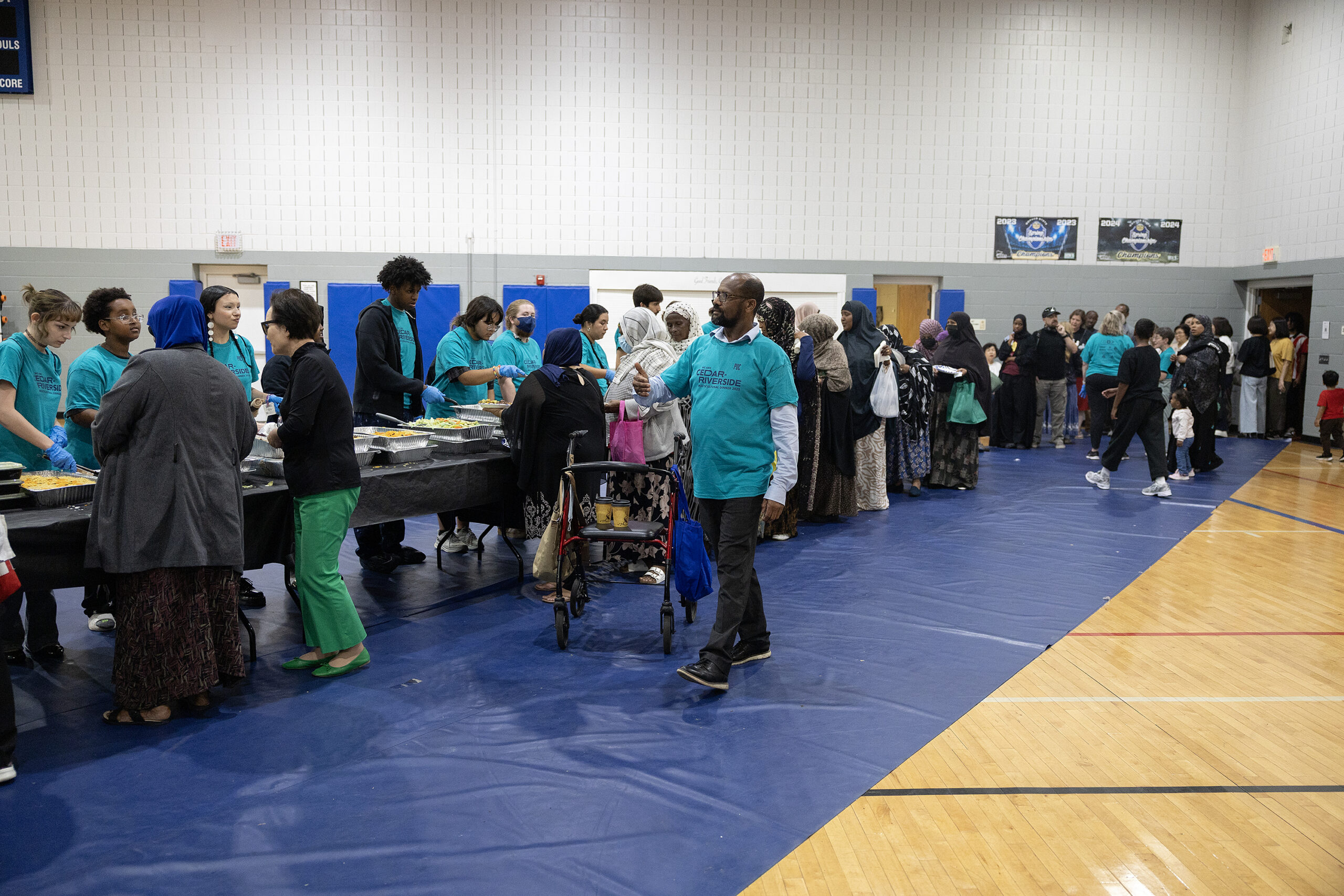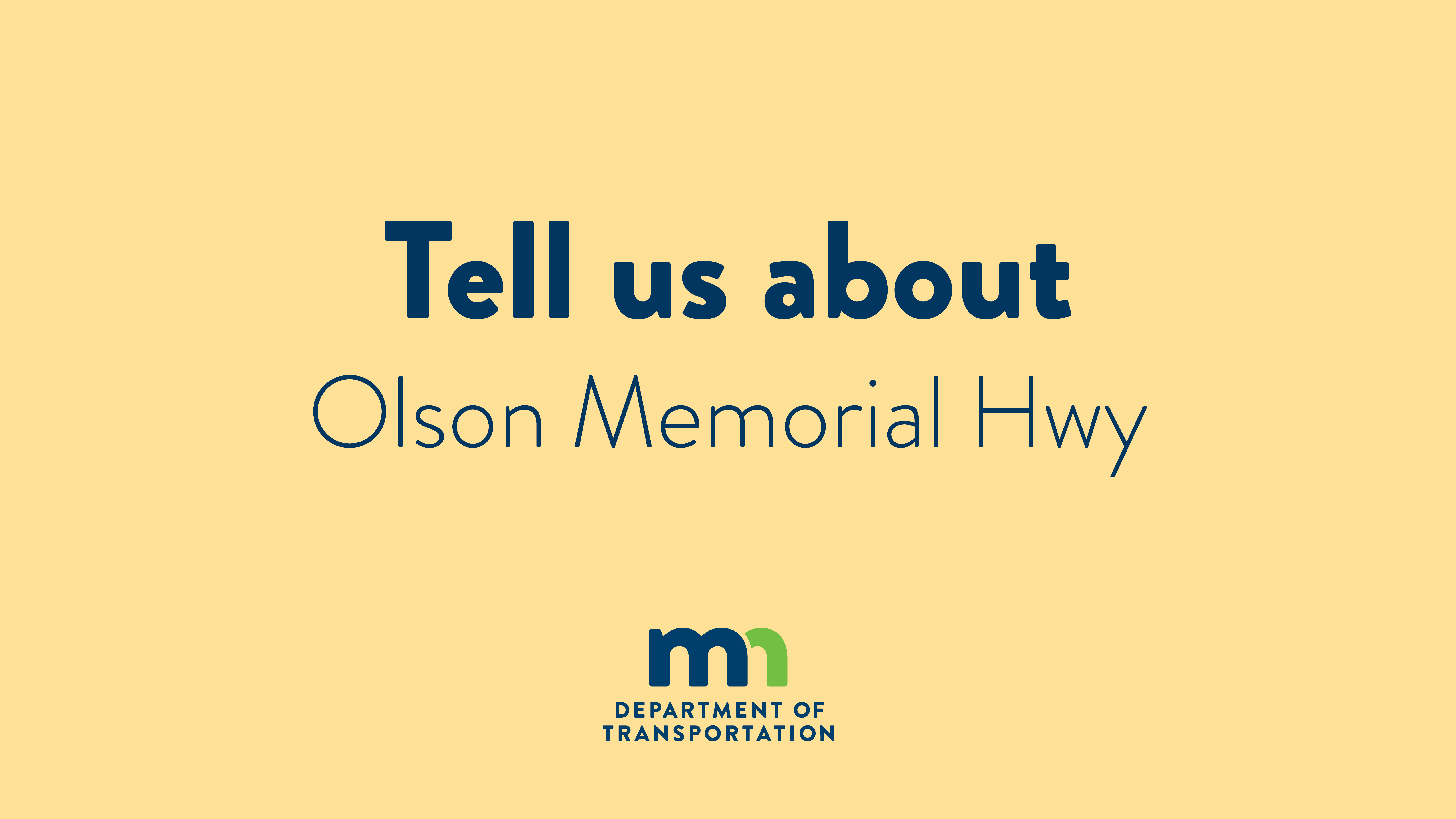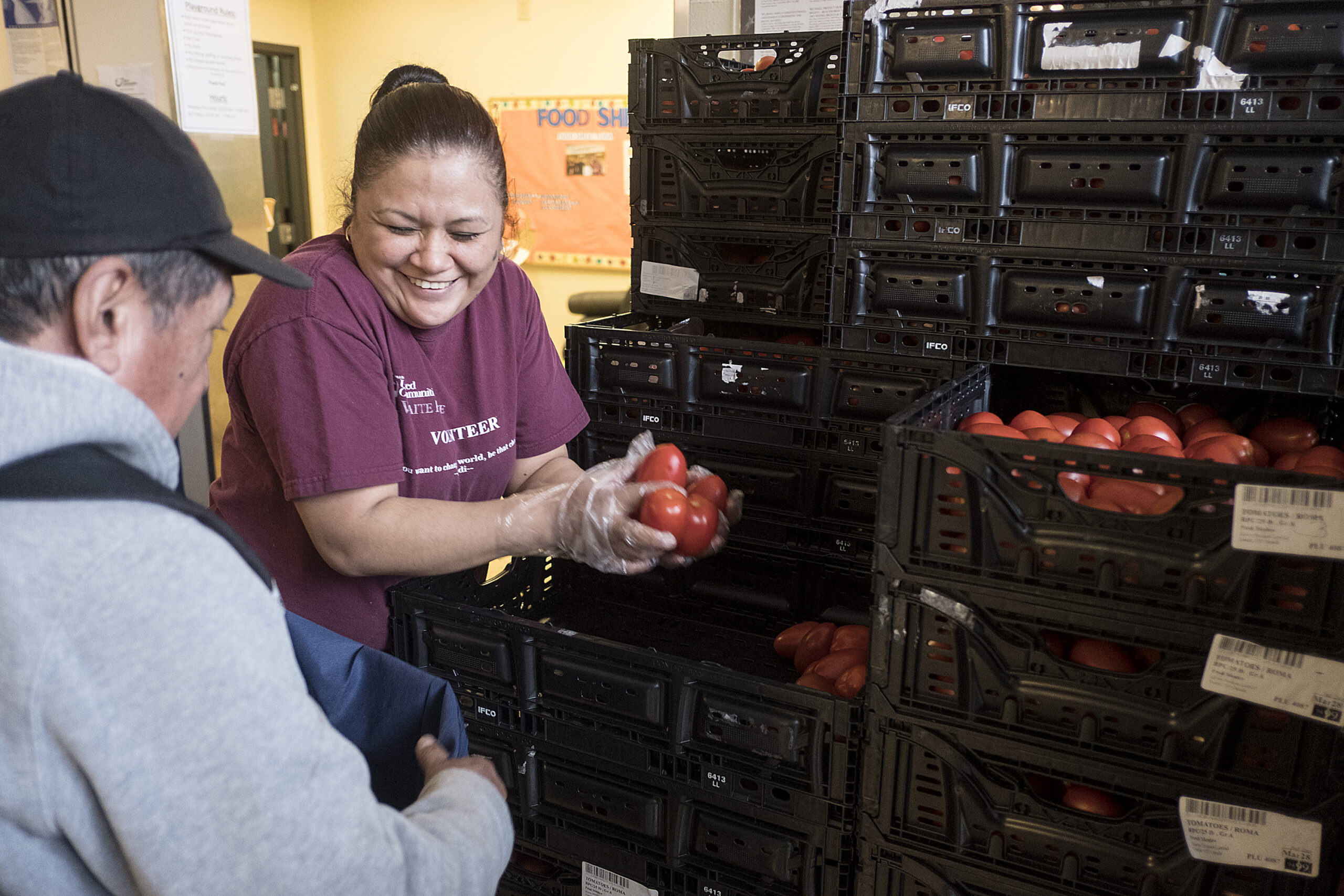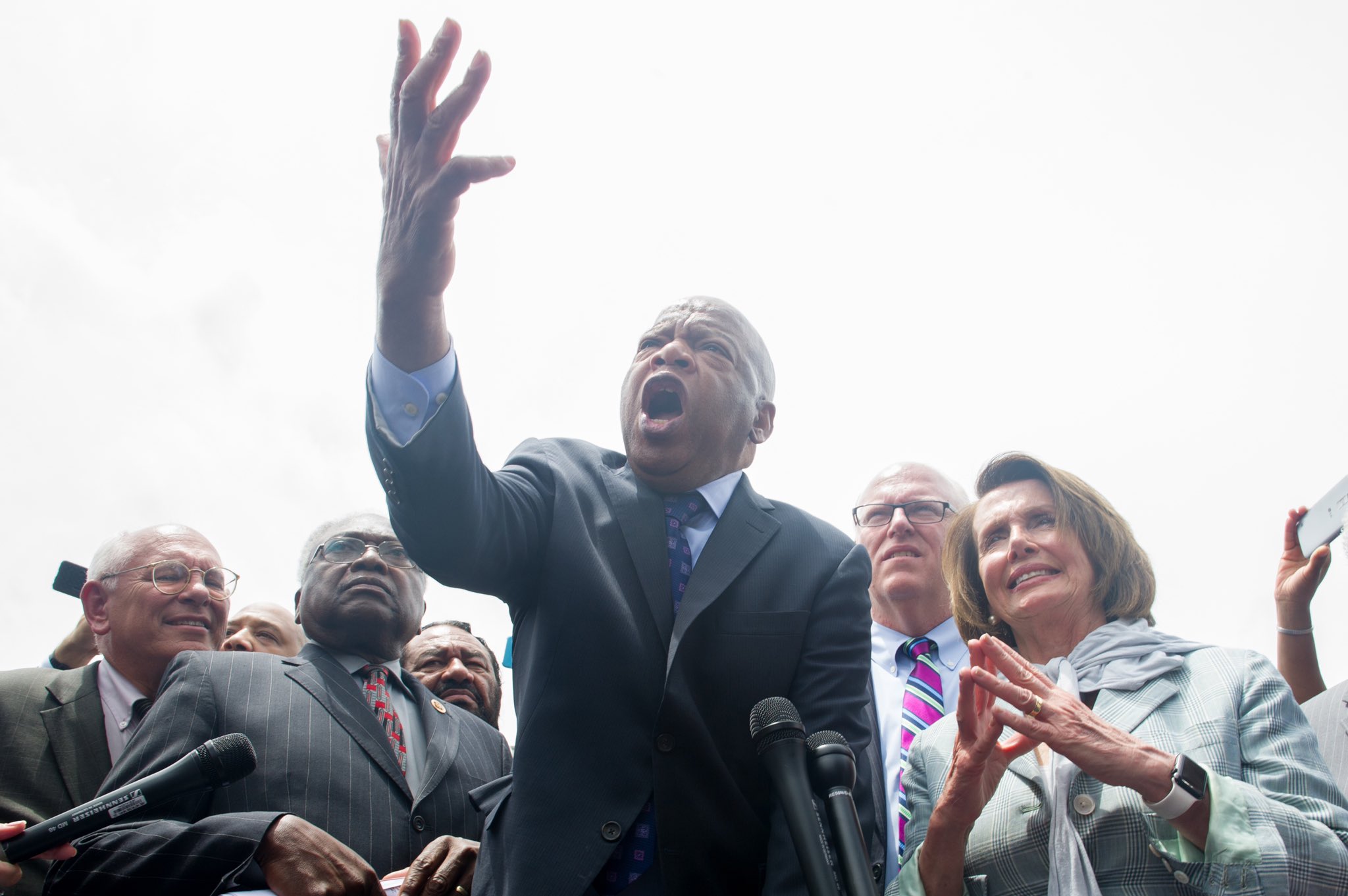
Fear is a natural response to injustice. But the Black leaders we celebrate this month chose action over paralysis and courage over comfort by understanding that waiting for the perfect moment means change never comes. John Lewis was one of those leaders.
Lewis’s life stands as a testament to the power of nonviolent resistance and the willingness to sacrifice everything for freedom.
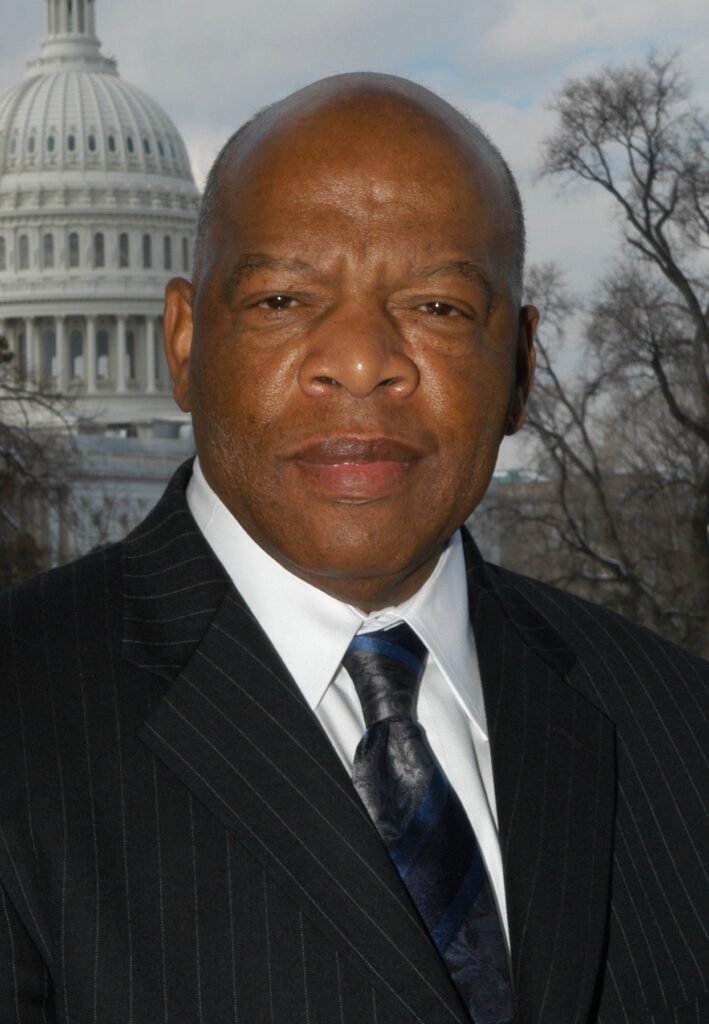
Portrait of John Lewis, 2006. Source: Wikimedia Commons
Lewis became chairman of the Student Nonviolent Coordinating Committee at age 23 and by 25 had been arrested 24 times for peaceful protest. He was brutally beaten as a Freedom Rider, suffered a fractured skull on Bloody Sunday in Selma, and endured incredible violence throughout his activist career, yet he never wavered in his commitment to nonviolent resistance. We see these things happening today through excessive force and murder in our street by federal agents.
At the 1963 March on Washington, Lewis was one of the “Big Six” leaders and the fourth speaker that day, delivering a powerful critique of police violence and the federal government’s failure to protect civil rights workers. He asked the question that still resonates today: which side is the government on when its own citizens are beaten for exercising and demanding their constitutional rights? Throughout his life, Lewis preached the gospel of “good trouble, necessary trouble.” He believed that creating change meant being willing to disrupt systems of injustice, to make people uncomfortable, to refuse to accept things as they are. He showed us that putting your body on the line for what’s right is the highest form of citizenship.
Right now, communities across Minneapolis are navigating their own moments of necessary trouble. Immigration enforcement is creating fear, families are in need of support, and neighbors need to know they’re not alone.
This is when we must remember Lewis’s example. Supporting your community might mean showing up at meetings, volunteering with organizations providing direct assistance, or simply being present for your neighbors in their time of need. It means refusing to look away when injustice happens in front of you.
John Lewis spent his entire life getting into good trouble. We honor his legacy by continuing that work, by refusing to accept fear as a reason for inaction, by standing up for what’s right even when it’s hard.
Stand with your community. Act despite fear. Build the world we deserve.
